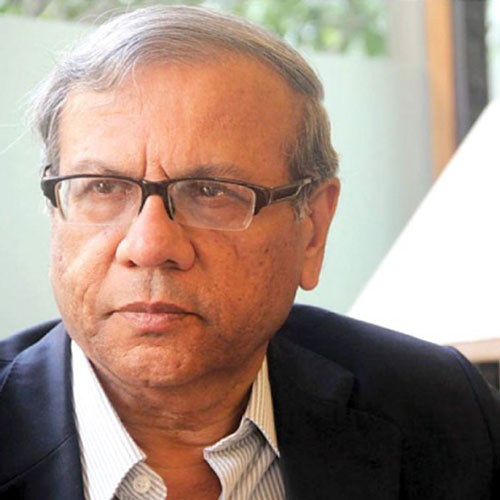Economist Dr Kaiser Bengali has alleged that the three-year old dispute over population census between the Centre and the Sindh government was because of the trust deficit between the federation and the federating unit. The leading economist, who is also a member of the National Finance Commission (NFC) representing Balochistan, said the federal government’s offer to Sindh for accepting the results in national interest in return for holding next census early has ‘no credibility’ and, even if it happens, it won’t resolve the issues. “Offer of conducting early census has no credibility; it’s just like Ziaul Haq’s promise of holding early election,” Dr Bengali said while speaking at a private TV channel. “What is the surety that the same issues will not surface in the next census,” he questioned, adding that the real issue between the federal and the Sindh governments was of “trust” deficit. To a question, the economist was of the view that census issue was of political nature as the NFC resources are distributed on the basis of population and it also guarantees more seats in assemblies, saying that it is why the provinces consider that there is a lot at stake. Apart from Sindh, he alleged that the other three provinces have also reservations however, they conceded just because the PTI has governments in all three provinces. “But it’s not just Sindh’s issue; it’s about honesty; it’s about the accurate numbers,” Bengali said, adding that doubts arise when population numbers turn out to be same in Sindh in 2017 census but increased in other provinces. Besides the internal migration that affects Sindh, he said, a lot has changed between 1998 and 2017 yet the census numbers do not reflect the same. In February, the federal cabinet had constituted a five-member committee to deliberate and make recommendations for approval of final results of the Census 2017. The ministerial committee headed by Maritime Affairs Minister Ali Zaidi had presented four recommendations, including the offer that the Sindh government should accept the 6th census in the larger national interest even if it has reservations. In response, the committee offered that conducting next census at the earliest, saying that technology would be used to ensure that the doubts expressed on the 6th population census do not reoccur again. According to provisional results, Pakistan’s population surged to 207.8 million that was just over 130 million in 1998 – showing 57% increase in the population at an annual rate of 2.4%. The provisional results showed that in the past 19 years, there was a 60% increase in Karachi’s population, compared with a 116% increase in Lahore’s population, which rose to 11.126 million people by 2017. The programme hosts said that Sindh is the most urbanised province having 52.02% population in urban areas – a result that could disturb rural-urban quotas of the provincial assembly seats and jobs – and the Sindh government has expressed reservations about accepting the 2017 census results.










